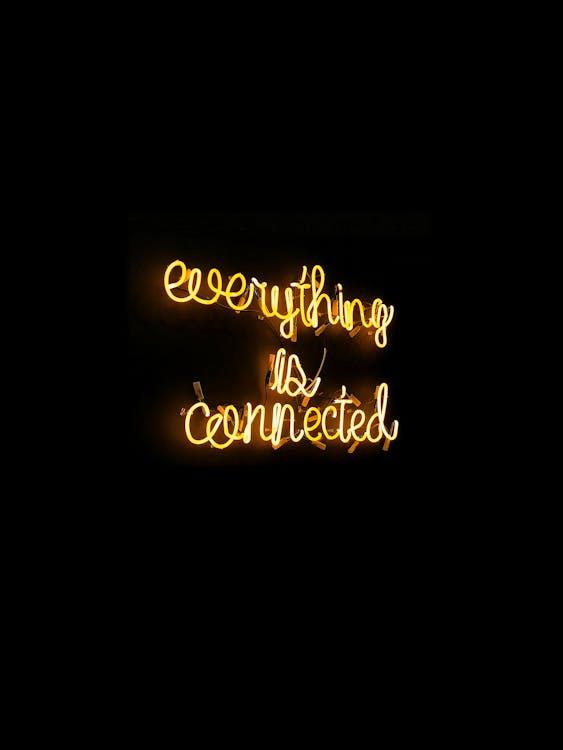The Lazy Way To An Awesome Life - Barking Up The Wrong Tree
Curated from: bakadesuyo.com
Ideas, facts & insights covering these topics:
12 ideas
·1.44K reads
12
1
Explore the World's Best Ideas
Join today and uncover 100+ curated journeys from 50+ topics. Unlock access to our mobile app with extensive features.
Predicting How You Will Behave!
If you want to best predict how you will behave, personality traits alone won’t tell you. Introverts don’t always act introverted. But how people react to particular situations is very consistent. You might be very shy around strangers but you may be very talkative around close friends.
If you want to learn more about yourself, use the formula “I am… when…” and you’ll see much more reliable patterns. “I am always on time when it comes to my job” and “I am always a half hour late when I have to meet friends” will be more predictive than merely saying you’re “conscientious.”
34
221 reads
We Do What We See Others Do Around Us
It’s now widely accepted that when trying to predict behaviour it’s usually more effective to look at someone’s surroundings than to ask what kind of person they are. Simply put context matters.
And the biggest factor in context is usually other people. For proof, look no further than teenagers. In case you are just visiting Earth, teens tend to do what other teens around them are doing and the science totally backs this up.
33
175 reads
We Are Always Being Influenced
We’re all influenced by others, that’s obvious. But the degree to which others affect our behaviour can be hard to accept – especially in very serious areas where we’d like to think we’re in charge.
If someone you consider a friend becomes obese, your likelihood of obesity increases by 53%. And if the friendship is mutual, the number rises to 171%. And these behavioural contagion effects are seen three degrees out.
34
147 reads
Happiness Is Contagious, So Is Sadness
Happy friends make you 15% more likely to be happy. And, like obesity, this effect spans three degrees. Happy friends of friends increase your odds of smiling by 10% and friends of friends of friends still add 6% to your chances.
With each friend boosting the likelihood of happiness by 9% and every unhappy friend reducing your odds by 7%, making friends is like card counting for happiness.
32
134 reads
We Act Like The People Around Us, Unconsciously
When people are free to do as they please, they usually imitate each other.
Sometimes it’s quite deliberate but more often it’s unconscious. We’re just wired for it. This is what it means when we say humans are a social species. This tendency toward imitation underlies empathy, morality, collaboration and group formation.
Example: New therapists frequently report feeling depressed after treating depressed patients. It’s human nature.
31
128 reads
Peer Pressure: We Need Each Other to Become Ourselves
Peer pressure isn’t good or bad – your peers are. If you moved your troubled teen to a new high school filled with well-behaved students, would you be hoping your child was immune to peer pressure — or very susceptible? We learn some of our best qualities by being open to the praise or criticism of those around us.
29
110 reads
Manipulation Through Peer Pressure
Companies now leverage our natural tendency to conform to peer pressure. Ever get that letter from the electric company informing you that your neighbours are using less electricity than you do? Those letters work. Households who received them subsequently reduced their energy usage by an average of 6.3%. Nobody wants to feel manipulated but there’s a powerful lesson here!
31
101 reads
Applying Strategy
What if you did this on your own, for yourself, in service of your goals? What if we need more peer pressure, not less? Improving yourself is hard. So instead of asking for a new brain for Christmas, it might be smarter to change your context than to directly try and change yourself. They say you are “known by the company you keep” but it’s more like you become the company you keep. We’re going to be influenced by others, so what if we deliberately choose who and how?
We can call it “Strategic Peer Pressure.”
31
98 reads
The Right Association Matters
Want to be healthier? “The Longevity Project”, which studied over 1000 people from youth to death, came to the conclusion that: “The groups you associate with often determine the type of person you become. For people who want improved health, association with other healthy people is usually the strongest and most direct path of change.”
And this isn’t just true for health, it’s true for almost any goal. A 1994 Harvard study titled, “Personal Accounts of Successful Versus Failed Attempts at Life Change” concluded that “…social support was strongly associated with successful change.”
33
84 reads
We Are The World Around Us
We’re never utterly autonomous. We’re social creatures. Why not leverage our fundamental nature rather than (often futilely) resist it? Sometimes we’re weak on our own but groups are strong. We need others to help us do the right thing, even with individual goals. The logical conclusion is to be a part of a group where your desired reputation aligns with who you want to be as a person.
30
77 reads
Helping Each Other Rise
Surround yourself with people you admire and striving to be liked becomes a more elegant striving to be a better you.
Internalizing the lesson of strategic peer pressure can also make you a more compassionate person.
Realizing that personal change comes from social change, that we are irresistibly influenced by our environment doesn’t imply superiority. We got where we are through others. And so maybe they just need help too. Your help.
31
80 reads
Everything Is Connected
When you use strategic peer pressure and increase your time with those you want to be like, you must still make an effort to make good choices. Because you’re now part of that network. Your bad behaviour can influence others and reduce the overall good of the group — which will eventually circle back and reduce its positive effect on you.
31
88 reads
IDEAS CURATED BY
Christine Smith's ideas are part of this journey:
Learn more about personaldevelopment with this collection
Practicing empathy in relationships and communication
Understanding the importance of balance in personal and professional life
Defining your path in life
Related collections
Similar ideas
Read & Learn
20x Faster
without
deepstash
with
deepstash
with
deepstash
Personalized microlearning
—
100+ Learning Journeys
—
Access to 200,000+ ideas
—
Access to the mobile app
—
Unlimited idea saving
—
—
Unlimited history
—
—
Unlimited listening to ideas
—
—
Downloading & offline access
—
—
Supercharge your mind with one idea per day
Enter your email and spend 1 minute every day to learn something new.
I agree to receive email updates











